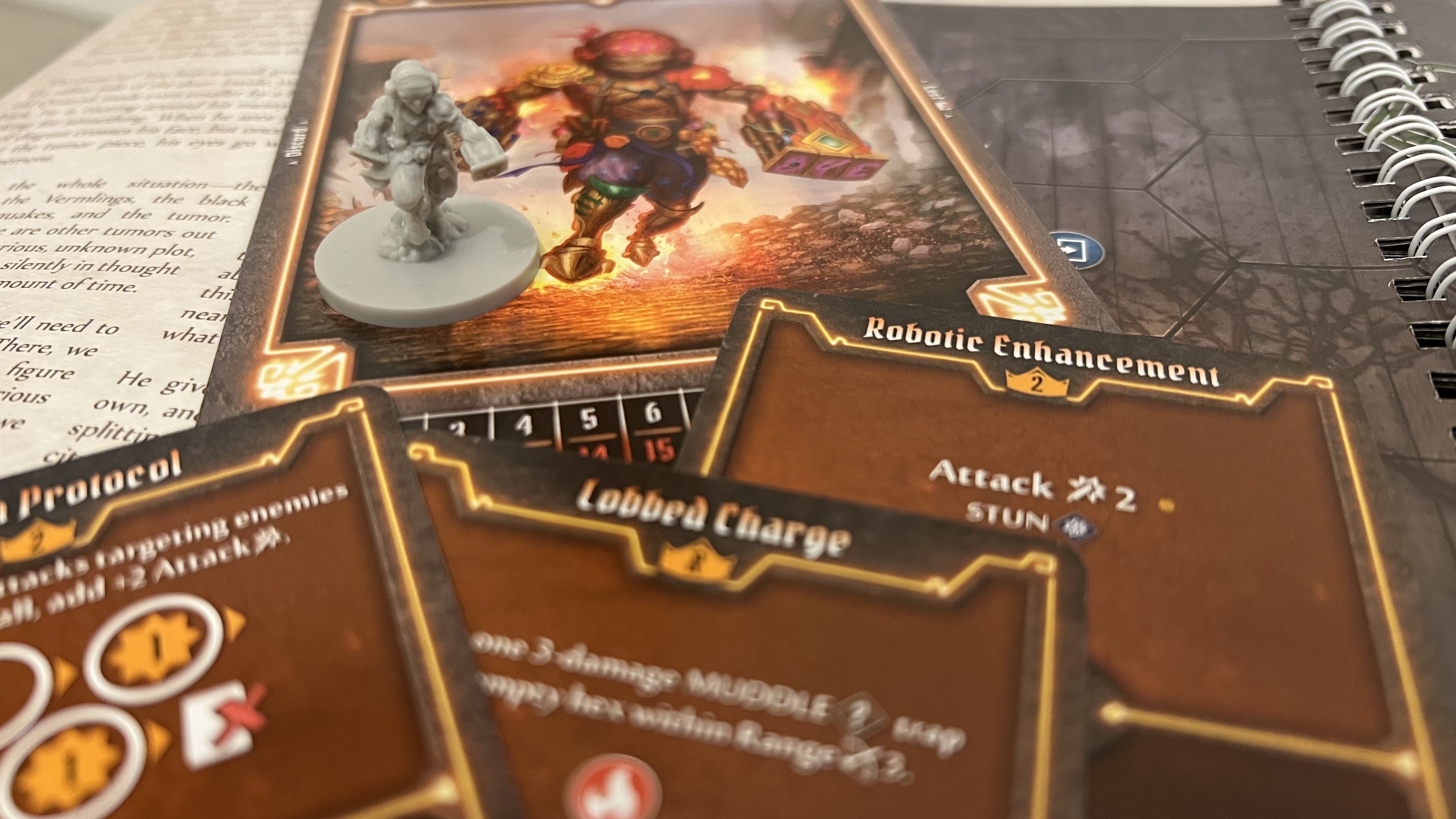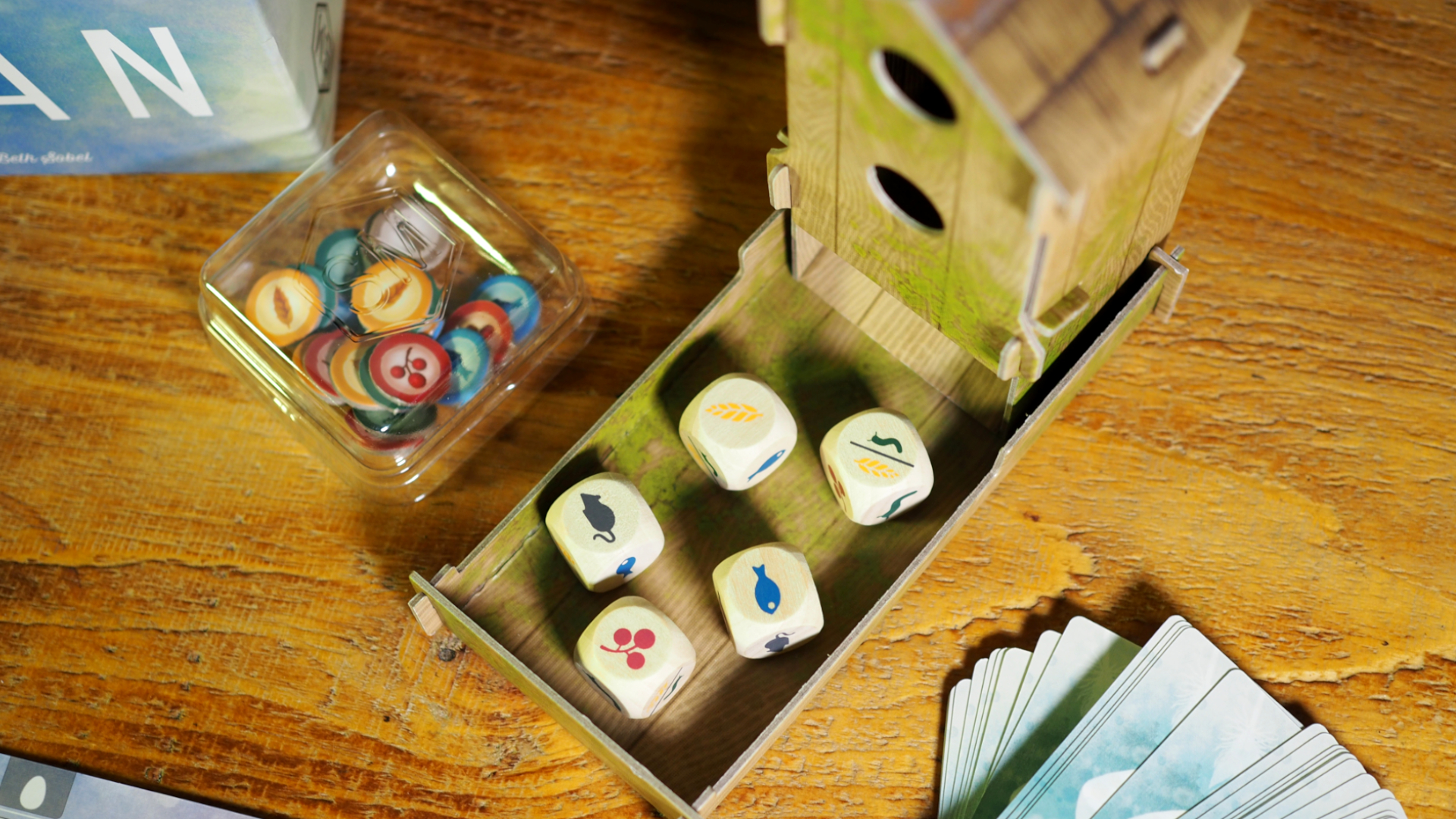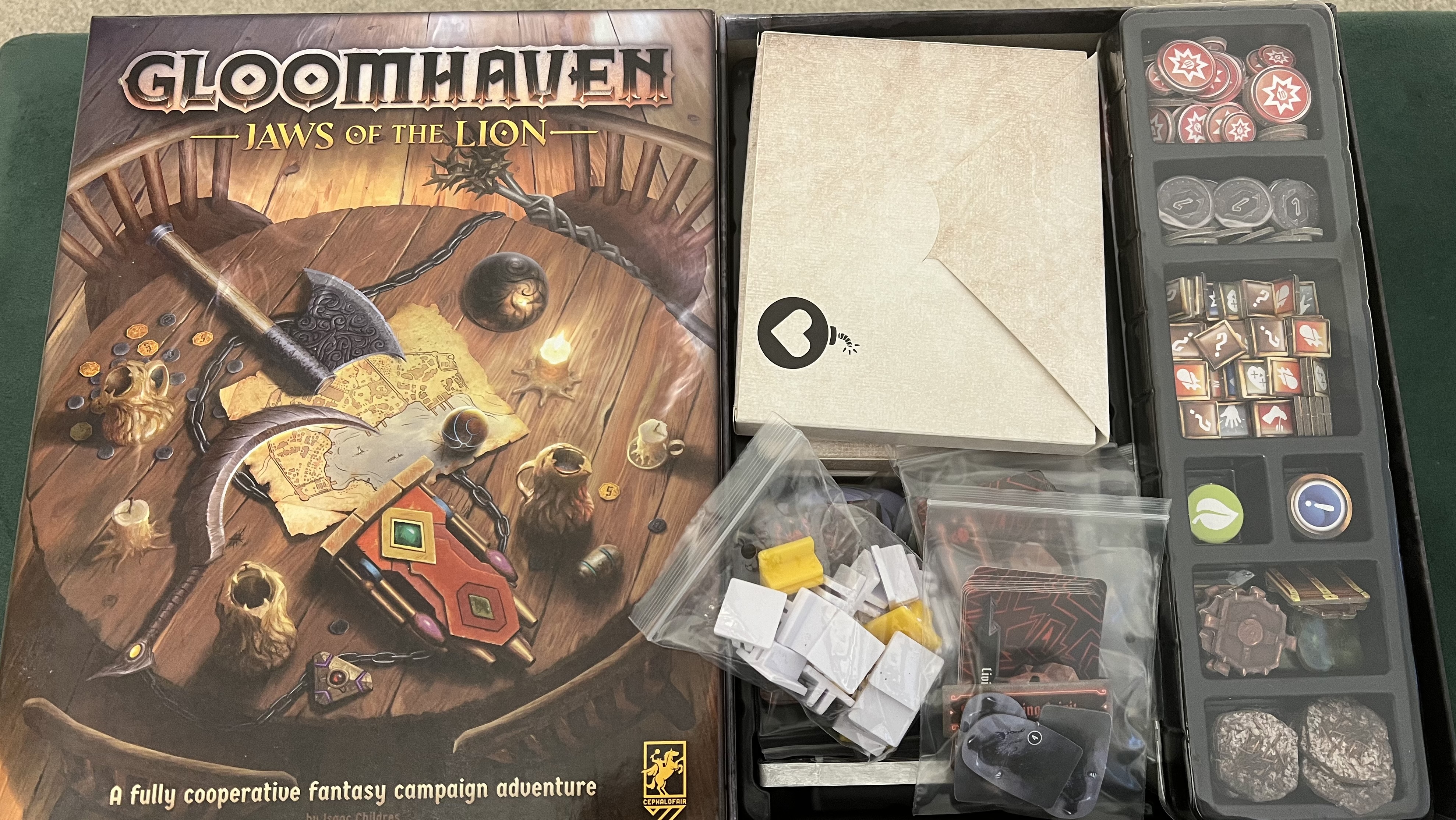Board game legends discuss concerns over extortionate 104% tariff potential on China-US imports
Jamey Stegmaier of Stonemaier games calls the tariffs "a huge slap in the face of globalization"

Recent updates
UPDATE: Since this news went live, Trump has threatened an extra 50% on top of the current 54% if China does not withdraw it's counter tariffs. The article has now been updated to reflect this, with extra comments from Gloomhaven publisher Cephalofair Games' COO.
In the wake of President Trump's declaration of a National Emergency to increase America's "competitive edge," board game industry veterans have taken to the internet to air concerns around quickly rising import tariffs. In particular, when it comes to those connected to China – where the majority of board game publishers source manufacturing. The bottom line? Things aren't looking great for any board game companies looking to try their hand at making one of the best board games, especially those currently reliant on China for their manufacturing.
Recent changes to US import affairs mean that goods imported from China face a 54% tariff, though with Trumps most recent threats we could see that number rising to 104% in the very near future. Compared to the initial 10% extra for Chinese goods imposed at the start of Trump's second term, this represents a massive increase in a short amount of time. For board game publishers part-way through a print run (particularly smaller businesses and indie companies who are already working on "razor-thin" margins), that's going to hurt.
And where is that going to leave your average board game enjoyer? Having to spend all the more money on the hobby they love, and far fewer IKEA shelves stacked to the ceiling with board games, I can tell you that.
In the words of Price Johnson, Chief Operating Officer of Cephalofair games that brought us Gloomhaven, "The board game industry cannot absorb a 54% increase, let alone a 104% increase". That's what Johnson told us in a recent interview, noting that not only will "Prices will be increasing", but also that "Fewer new, exciting, and innovative games will be published."

Even with a gradual rise in tariffs the industry would have had a difficult time trying to recover, but with such sudden impositions on profit margins developers and publishers are going to have to work some kind of magic to keep afloat. That, or we may start to see more indie board game developers looking to larger companies for a bit of financial shock absorption.
Speaking to Jamey Stegmaier of Stonemaier Games, the same publisher that brought us Tokaido and Wingspan, among many others, we took some time to unravel his feelings about these remarkable tariff hikes. Having recently posted an article entitled "The Darkest Timeline" on the Stonemaier Games blog, which works through the impact the changes are likely to have on the industry, it was clear Jamey felt strongly about the tariffs.
"I do feel that the tariffs are a huge slap in the face of globalization," he made clear when asked about his article's request that people's passion for the board gaming industry not to turn into "racist, xenophobic zeal." Continuing, he notes that "the wedge even further divides Americans."
Sign up to the GamesRadar+ Newsletter
Weekly digests, tales from the communities you love, and more

Of course, in face of extortionate tariffs, there are only a few options for board game publishers: switch to US manufacturing (of which there is very little when it comes to board games), or increase board game prices. We've already begun to see the latter being enacted, evidenced by the distinct lack of actual board game deals we're spotting today. But could prices eventually level out should the US reshoring efforts work out?
"I don't see the costs leveling out," Jamey says. "If US manufacturing was the actual goal, the tariffs would not have been applied so suddenly, and they would only apply to final goods, not components or the machinery necessary to make those goods."
Advance notice is nothing if the goal posts continue being moved
Price Johnson, Cephalofair Games
Cephalofair's Price Johnson echoes much the same sentiment, noting that "ANY level of notice would have been better and more helpful". He continues "advance notice is nothing if the goal posts continue being moved".
According to the White House statement, "tariffs can be an effective tool for reducing or eliminating threats that impair U.S. national security and achieving economic and strategic objectives." And it's clear they're a big part in the plan to encourage more manufacturing to spring up within the US.
"To be clear: I think the tariffs strictly hurt the US economy no matter how they are applied" Jamey tells us, "but if they were to be applied in a way that won't ruin small businesses, there should have been a grace period for goods already in production, and Wednesday's announcement should have been a roadmap for the future." In considering the sheer speed of the changes, Jamey says his "heart goes out the most to publishers who are just now wrapping up print runs. For them, they likely started the print runs even before the original 20% tariffs were applied, so their costs are a full 54% higher than they budgeted for."

With everything looking so dire, Price seems confident a rollback on the tariffs is the only option to keep things from going down the drain: "I don't see a path forward unless it involves the U.S. administration reversing course on these ill-informed tariffs, and urgently."
With board game prices already on the rise, it could be a while before we see the board game market start to even out again. And with post-tariff reports putting the chance of a US recession now at around 40-50% according to sources like Morningstar, it's clear the sudden changes could see a far larger economic impact than the Trump administration has been led to believe.
For recommendations on what to play to take your mind off all this, why not check out the best card games or best two player board games?

Katie is a freelance writer with almost 5 years experience in covering everything from tabletop RPGs, to video games and tech. Besides earning a Game Art and Design degree up to Masters level, she is a designer of board games, board game workshop facilitator, and an avid TTRPG Games Master - not to mention a former Hardware Writer over at PC Gamer.
You must confirm your public display name before commenting
Please logout and then login again, you will then be prompted to enter your display name.


